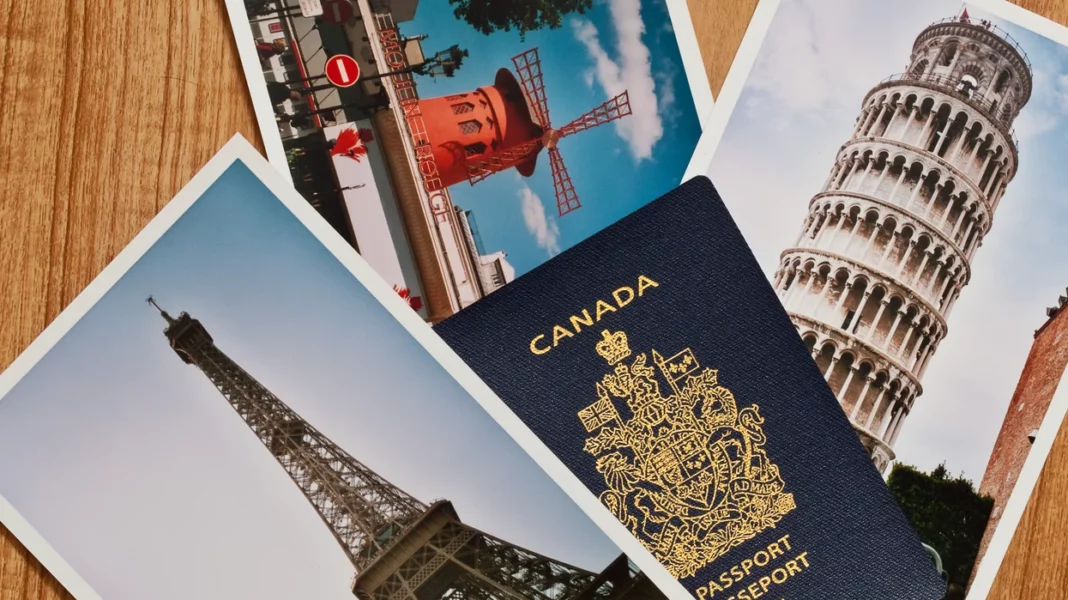Excited about the prospect of savoring croissants in Paris, cruising Amsterdam’s canals, or basking on Spain’s sun-soaked beaches? Before you pack your bags for your European adventure, make sure you’re aware of some important travel rules and updates to ensure smooth sailing.
ETIAS (European Travel Information and Authorisation System)
Good news for now: Canadians don’t need the European Travel Information and Authorisation System (ETIAS) yet. The system, which will require travelers to apply for approval before entering Europe, is now set to roll out mid-2025. Until then, Canadians can still enter the Schengen Area for up to 90 days with just their passports. However, once ETIAS kicks in, travelers will need to apply online for a simple pre-screening authorization costing around $10.50, valid for three years.
Check Your Passport’s Expiry Date
Many European countries require that your passport be valid for at least six months after your return. If yours doesn’t meet this requirement, you could be denied entry—even with a confirmed flight and accommodation. Be sure to check and renew your passport early if needed!
Budget for Tourism Taxes
Many European cities now charge a tourism tax when you check into hotels or Airbnbs. The amount varies, but popular spots like Paris, Venice, and Barcelona are known for these fees. Be prepared for a small extra cost when you book your stay.
UK Electronic Travel Authorisation (ETA)
Planning to stop in the UK on your way to Europe? Since January 2025, Canadians need to apply for an Electronic Travel Authorisation (ETA) to enter England, Scotland, Wales, or Northern Ireland. This online application is required for any type of visit, including transit. Make sure your passport matches the one used for your ETA application.
Check Government Travel Advisories
Before booking anything, consult the Government of Canada’s travel advisories. Many European countries, including France and Germany, currently have terrorism warnings. While the advice is mostly informational, ensure you’re aware of your surroundings, particularly in busy tourist areas or during holidays. If you’re traveling to an area with an advisory, double-check your travel insurance to ensure it covers you in the event of an emergency.
Don’t Skip Travel Insurance
While tempting to skip the cost of travel insurance, it’s a risky move. European healthcare can be expensive, and some hospitals won’t treat you without proof of insurance. It’s strongly recommended to get a policy that covers medical emergencies, cancellations, lost baggage, and even evacuation, especially if traveling to a country under a travel advisory.






